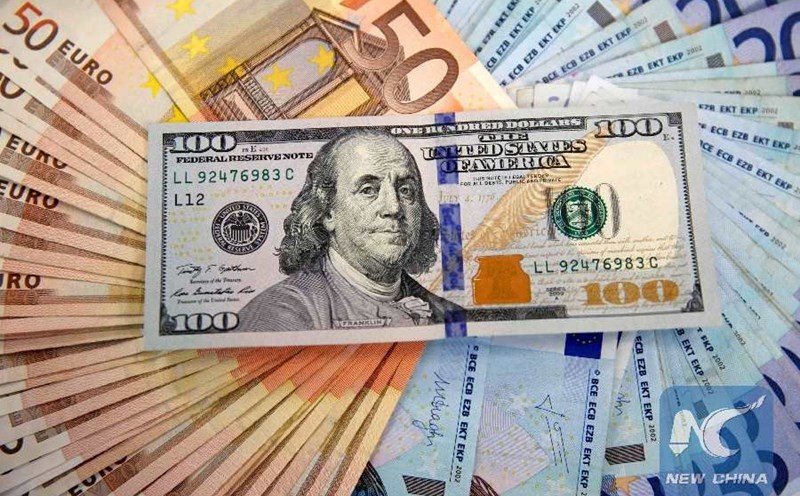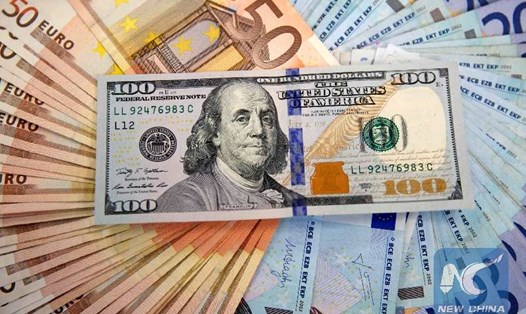Several European Union (EU) members, including the big guys Germany, France, Belgium and Italy, have strongly opposed plans to seize $300 billion in frozen Russian assets to provide military aid to Ukraine.
Since the outbreak of the Ukrainian conflict in 2022, the West has frozen about $300 billion in state assets and assets attached to the Russian state, much of which is under the legal reach of the European Union.
For more than a year, the EU has been actively seeking to activate these huge assets, at least through the use of the gains to support Kiev.
However, many EU countries consider this an extremely risky legal and financial gamble.
In a new interview with Estonian media, Kaja Kallas, the new EU High Representative for Foreign Affairs, admitted: Some member states strongly object. We are still negotiating, because this has many potential legal risks. We need to find ways to reduce those risks.
When asked about the names of the countries that objected, Kallas refused to specify, but cleverly suggested that it was not difficult to predict. "For example, Belgium holds a large proportion of its assets, which makes them feel the highest risk," Kallas said.

Not only Belgium, many other major EU countries such as France, Germany, Italy and Austria have also expressed deep concern. These countries have warned that the "comprehensive collection" action could violate international law, break trust in the European financial system and create a dangerous precedent.
Meanwhile, Hungary and Slovakia are concerned that this action could add more oil to the fire, pushing the Russia-Ukraine conflict to a more dangerous escalation, even causing instability in the whole region.
Following Kallas' statement, Kremlin spokesman Dmitry Peskov affirmed that Russia "never gives up legal ownership of its assets and will continue to protect them to the end".
Russian Foreign Ministry spokeswoman Maria Zakharova said: "Klas' interview is a rare opportunity to witness a planned crime, even before it was committed."












